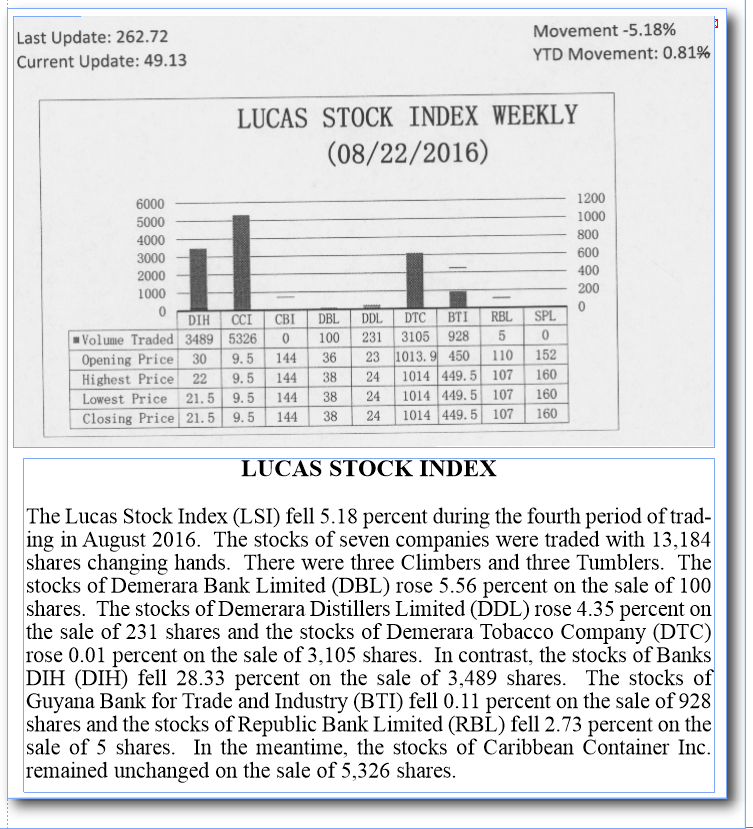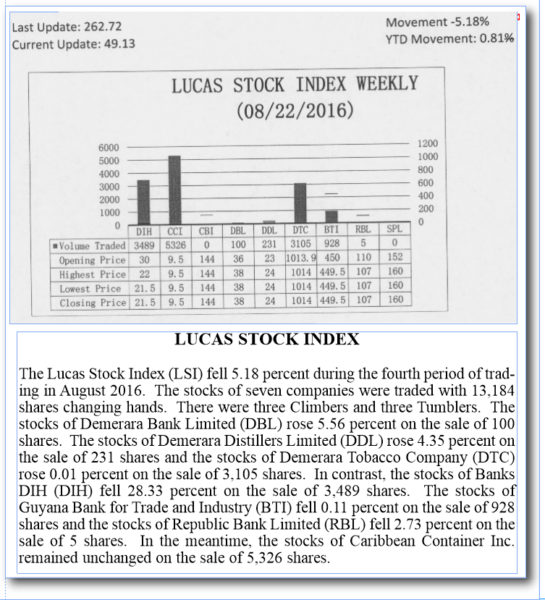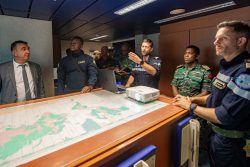Criticism
The international community is grappling with the issue of properly measuring the wealth of countries in a comprehensive way. People have complained for years about the inadequacy of the GDP as a measure of a country’s income and wealth. That was because it was unable to tell if people lived a good life. The typical complaint about GDP revolves around the activities that are included in counting the output of goods and services and those that are excluded. For example, GDP excludes unpaid work done in the house. More often than not women and young girls are the ones performing such household chores. This deficiency of the economic yardstick helps to remind people of how women are disadvantaged and marginalized in society.
 Another criticism of GDP is that it misses the underground economy completely. As a consequence, not all the economic activities taking place in a country are captured in the measurement of GDP. Further, GDP usually uses price to measure output, but many government services do not carry a price and hence, the true level of economic activity is not measured properly, thereby distorting the GDP. As some have observed, GDP measures income and not equality. It measures growth and not destruction. It ignores things like social cohesion and the environment. This is something that Guyana in its quest for economic inclusion, social cohesion and a green economy should have a keen interest in since it will have consequences for determining income equality and resource allocation.
Another criticism of GDP is that it misses the underground economy completely. As a consequence, not all the economic activities taking place in a country are captured in the measurement of GDP. Further, GDP usually uses price to measure output, but many government services do not carry a price and hence, the true level of economic activity is not measured properly, thereby distorting the GDP. As some have observed, GDP measures income and not equality. It measures growth and not destruction. It ignores things like social cohesion and the environment. This is something that Guyana in its quest for economic inclusion, social cohesion and a green economy should have a keen interest in since it will have consequences for determining income equality and resource allocation.
Standard-bearer
GDP with all its flaws has been around for nearly 80 years as the standard bearer of economic wealth, and for measuring economic output and the growth of an economy. It emerged around the period of the Second World War as an aid to determining the amount of income a country generated each year and for knowing the amount that was being spent or could be used for government activity without disrupting or distorting the private sector. The use of GDP helped with policy planning and development. While proponents of the GDP caution about using it for international comparisons, it has been the bedrock of classification between rich and poor countries. It has also served as the determinant of if and how much aid a country would get from bilateral and multilateral donors.
Diminishing
While criticisms have been levelled at GDP for the better part of its existence, the likelihood of its survival in its current form for much longer is diminishing. Climate change and its adverse consequences for sustainable development have forced the international community to confront the deficiency of the GDP and to do something about it. The particular challenge is coming from the consequences of the exclusion of environmental factors in its measurement. Guyana has to be conscious of this change given its realization that its forest provides critical environmental and economic services and the benefits it gets for doing so might be undervalued.
A major push to replace the GDP as it is currently known started after the Earth Summit in Rio de Janeiro, Brazil over 20 years ago. Subsequent to Rio, the attention of the international community on the need to replace GDP with some other measure was sharpened by the work of The Economics of Ecosystems and Biodiversity which helped it to understand better the economic contribution of ecosystems and biodiversity to sustainable development. The World Bank has pointed out that since Rio+20, 70 countries have supported a communiqué that calls on governments, the UN system, international financial institutions and other international organizations to strengthen the implementation of natural capital accounting, in other words, move to replace GDP.
Awareness
This awareness of the strong relationship between the environment and sustainable development inspired the United Nations to find a way to measure better the linkages between the environment and the economy. The world had discovered further since then that natural capital makes up close to 40 per cent of the wealth of countries, particularly developing countries. By 2012, the UN was able to develop a system that expanded the asset boundaries of the national accounting system in both physical and monetary terms. There exist now internationally-agreed standard concepts, definitions, classifications, accounting rules and tables for producing internationally comparable statistics on the environment and its relationship to the economy.
The world is not turning back in its effort to find a different way to deal with what is essentially a way to account for sustainable development. The task is not an easy one since there are many complex relationships in the linkages between the environment and economics. As a consequence, the international community has decided to focus on a couple of subsystems of environmental and economic accounting. These are energy, water, fisheries, land and ecosystems. These subsystems enable the international community to build bridges between the accounting community and the community of experts in the various subject areas. These subsystems are all important to Guyana and the quality of life that its people can have and therefore cannot be ignored for much longer.
Get on board
The World Bank as a major donor institution also saw the need to get on board with ensuring that its loans do not worsen the threats to sustainable development, but help to improve it. The focus has been on the subsystems identified by the UN. WAVES, as it is called for short, is an initiative of the World Bank that seeks to contribute to the global efforts at achieving sustainable development. The concept is an economic one that incorporates issues of the environment as a means of improving the way in which the wealth of countries is measured. WAVES is also an attempt to move away from the current practice of using the gross domestic product (GDP) to measure the wealth of countries.
Like the UN, the World Bank links resource use and the environment. The depletion of those resources can have more than one effect. The depletion of the resources means that less of the resource is available to future generations of the country. But the depletion of the resources can also create serious environmental damage. If the resources are part of the subsurface, it may involve having to remove trees or part of the forest. Forests absorb carbon dioxide which if unable to be cleared from the atmosphere fast enough, could lead to global warming. Other types of ecosystems could also be damaged in the process. Rivers which catch the runoff of fertilizers or even soil contaminated with mercury also have adverse effects. Clear water and snow help to reflect some of the sun’s heat back into space. However, when water gets discoloured or darkens its radiative efficiency tends to decrease and lead to global warming.
Human activity
These are effects of human activity and production that are not captured in GDP data. So WAVES is an attempt to change that situation. It constitutes an effort to increase the number of factors or variables that are included in the determination of the wealth of a country. At the moment, the work in this regard is focused on broadening the measure and the interpretation of the economic value.
The World Bank has been working with five developing countries since 2012 to test WAVES and has begun adding other developing countries to the list of countries seeking to move towards wealth accounting. These countries are Botswana, Colombia, Indonesia, Madagascar and the Philippines. It has since added Costa Rica, Guatemala and Rwanda to the list of countries which are testing natural capital accounting. Several developed countries too, including the USA are also doing tests of WAVES accounting. These governments have set up dedicated units in key agencies to implement NCA with committed staff. NCA is included in the National Development Plans or National strategies on climate change in Botswana, Colombia, Indonesia, Madagascar, and the Philippines. Several countries across Europe have done the same.
Extended programme
Some amount of attention has been given to water accounts, mineral accounts, ecosystems and forest accounts. The experience with these accounts is still being evaluated. However, the World Bank intends to add more countries to the experiment and Guyana with its push for a green economy should look to be part of this extended programme of the World Bank.











